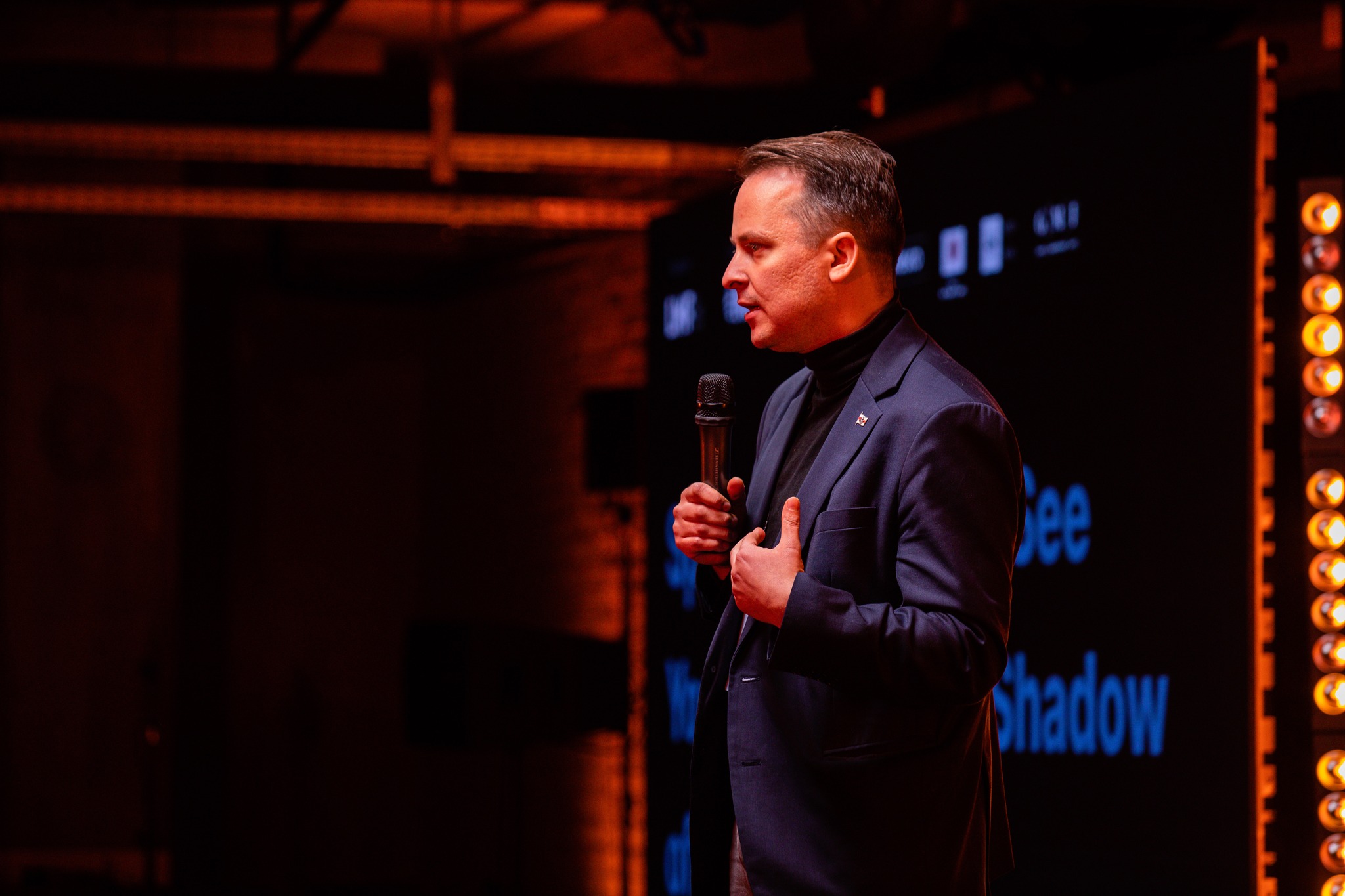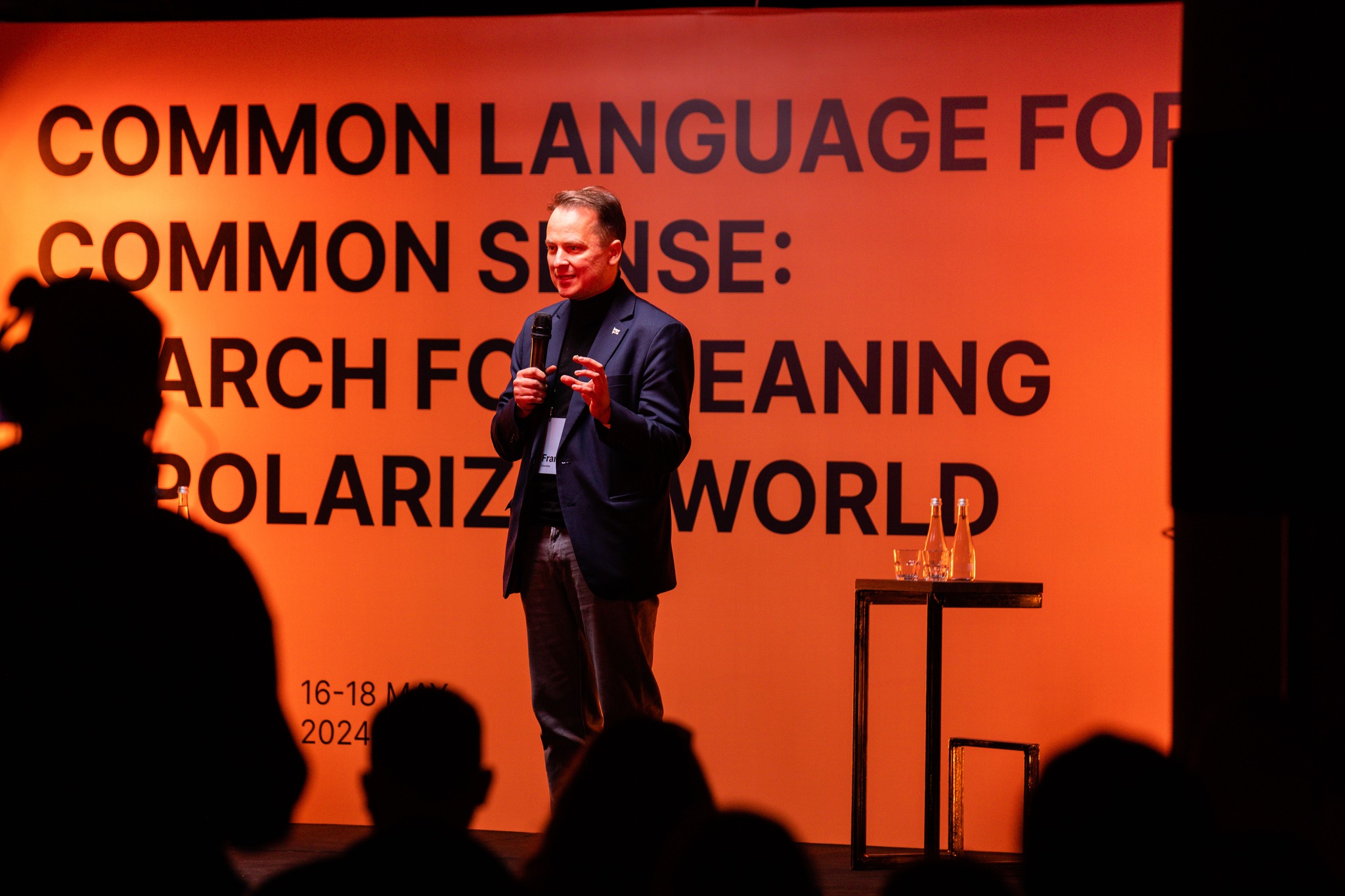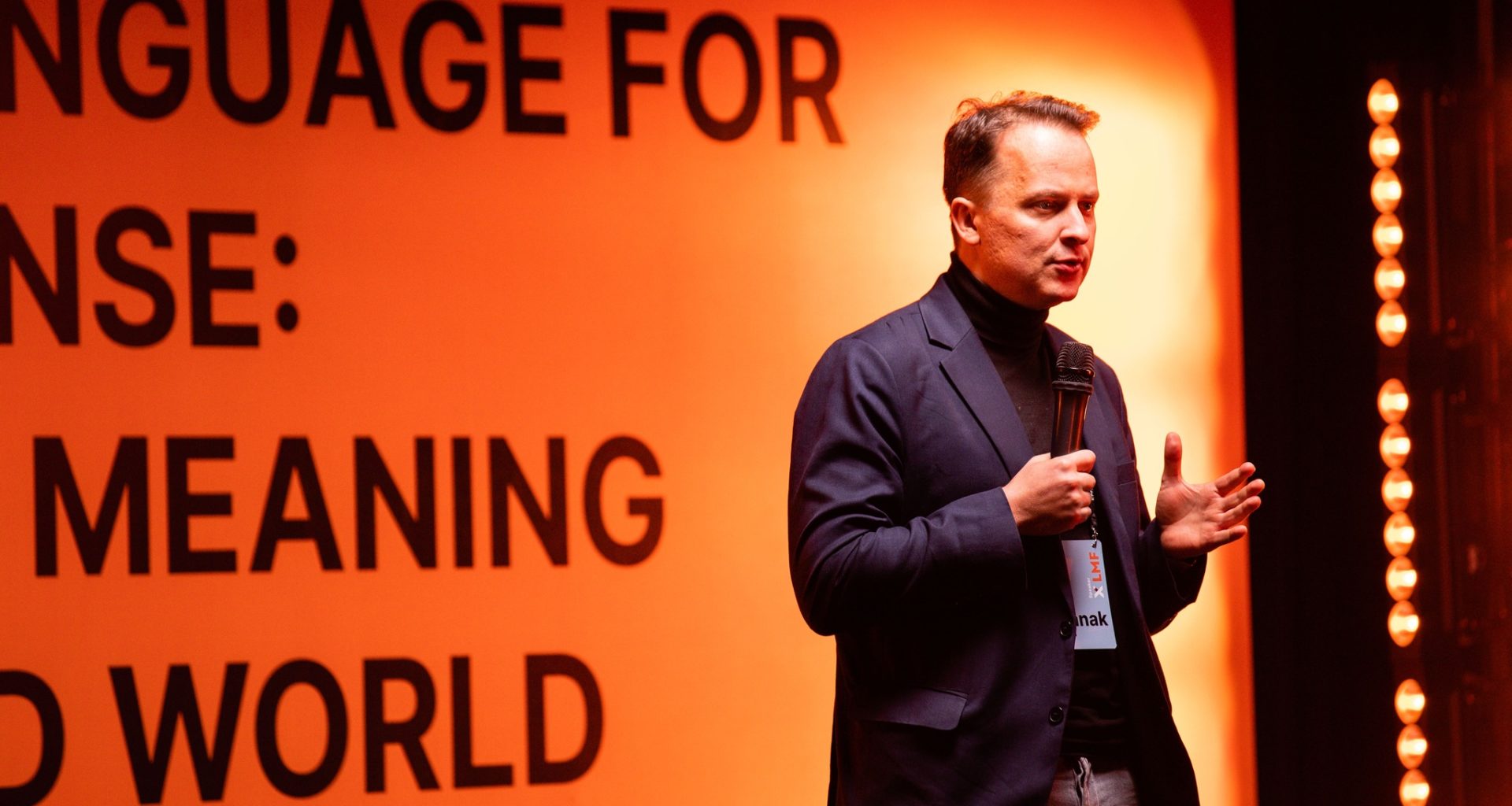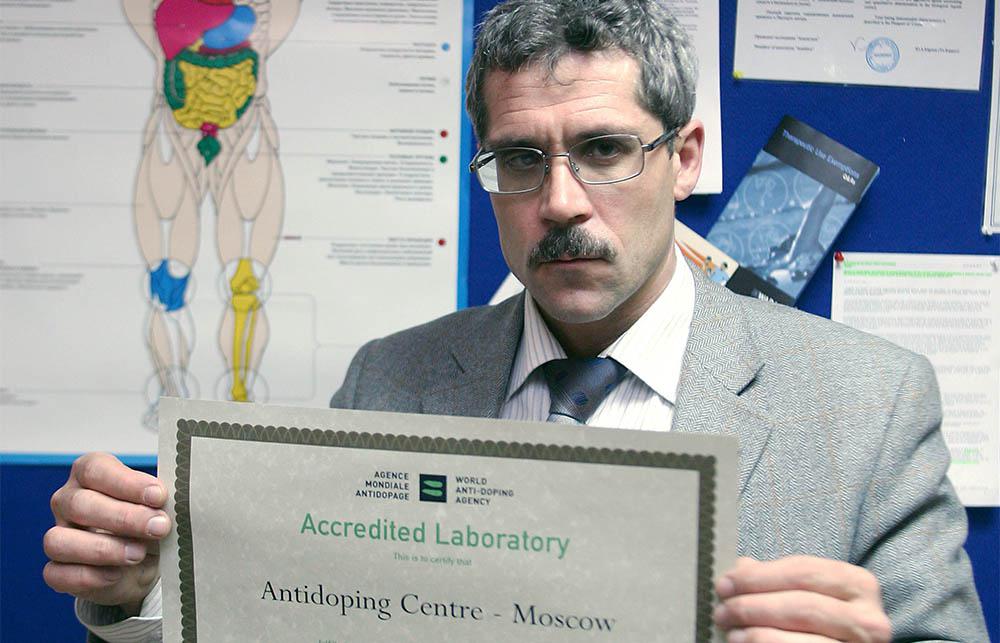Franak Viačorka, a Senior Advisor to Belarusian 2020 President-elect in exile Sviatlana Tsikhanouskaya, participated in the 10th Lviv Media Forum in Ukraine on 18 May 2024. We publish a shortened version of his speech.
Ukraine’s fight for freedom is deeply interconnected with the Belarusian fight for freedom. And it did not start only in 2022. It started a long time ago because Belarusians were inspired by Ukraine’s fight for freedom against the Soviet Union, then the 2014 Revolution of Dignity, when Belarusians saw how Ukraine was defending their culture and their history.
Belarus was in very unlucky circumstances. In contrast to Ukraine, Belarus was much longer, with its entire territory and entire population, under Russian dominance since the 18th century.
We didn’t have a chance to revive. We built our national identity, but when the Russians came, they immediately destroyed everything. And now, under Lukashenka, who is serving Putin, the same process continues.
Technologies like Facebook, Instagram, and even TikTok helped us shape, cultivate, and nourish the culture of Belarus again in 2010 and 2015. Many people rediscovered that they’re not Russians but belong to Europe. There was the Grand Duchy of Lithuania, the Lithuanian-Polish Commonwealth. We were a part of something big. We were a part of Europe. Only because of technology did the Belarusian language receive another chance.
2020 was the peak of this new wave of national revival. 1.5 million Belarusians participated in these protests all over the country. It was not because of the economy. It was not because of a strong political alternative. It was really inspired by the willingness of people to live in Europe.

During these two centuries of Russian colonialism, Belarusians basically forgot many things that are just now reviving and growing. In my school and university, we had state ideology, we had the history of the Great Patriotic War, the Second World War, and all of these lectures where we were basically taught that we are part of big Russia and everything else is not up to our mind. Don’t ask questions. It’s punishable.
In school, we were taught that Belarus was part of big Russia and everything else is not for our minds. Don’t ask questions. It’s punishable.
After the 2020 revolution did not succeed, Lukashenka completely destroyed alternative media.
Ordinary people do not have access to television, but the internet allows them to breathe fresh air. This gives me hope that despite these repressions and this terror, this massive propaganda, people are still finding a way to get inspired, to get energized, and to do some activities.
There are thousands of people inside the system, working for the system, even for the KGB and the police, who are leaking information to journalists, independent media, and democratic forces about the real situation from inside. This also gives me hope.
Right now, we are in a situation where there are two Belaruses.
- One Belarus is occupied. Yes, formally, it’s still an independent country. It reminds us of Vichy France during the Second World War when France was formally an independent country that served the metropole, a situation similar to Lukashenka’s Belarus. And this Belarus is highly, quickly, intensively Russified at all stages in education, information, and cultural space.
- But there is another Belarus that exists virtually in the information space and in exile. This is the Belarus that we can influence the most.
The goal is not just to abolish the regime inside Belarus but also to preserve the country, culture, and identity. And we see right now all these thousands of initiatives promoting the Belarusian language, culture, and identity are now in Poland, Georgia, Ukraine, and Lithuania. They are creating schools, launching Belarusian language courses, and trying to save Belarusian traditions and national holidays — everything that is impossible inside the country.
[box]In the future, when the situation changes -- and it definitely will change -- our goal will be to reconcile these two Belaruses.[/box]Belarusians, in general, are very different from Russians. We can see it even in surveys.
In Russia, we see Z signs, V signs, this toxic society indoctrinated with propaganda. In Belarus, you cannot see this. According to surveys, when people are asked if they want the Belarusian army to participate in the war or if Belarusian troops must join Russian troops, only 4 or 5% say yes. When people were asked if they wanted to unify with Russia, only 5% answered yes.
Lukashenka and Putin also understand it. So, they are interested in Belarus as a buffer zone.
Lukashenka and Putin are interested in Belarus as a buffer zone.
I work with Sviatlana Tsikhanouskaya. She was an accidental president, a leader who didn’t want to be a politician. She hates being one. Which, on the one hand, doesn’t make her a very charismatic leader who can inspire the revolution.
On the other hand, she represents a very strong contrast to Lukashenka, a masculine, dictatorial tyrant.

1. Our first current goal is to present to Belarusians inside the country an alternative of what their life could be, to create the right incentive for them to fight. Because when you live in full isolation,in an atmosphere of terror, like in Stalin’s times, you want to get energized and understand what you are suffering for.
2. Our second goal is to inspire the resistance movement inside the country. Many underground initiatives are connected to sabotage groups that stopped the Russian railways. But the most interesting sabotage activities are in cyberspace. Just two weeks ago, cyber partisans hacked the Belarusian KGB’s database and leaked all letters sent to it for nine years. The KGB, which is presented as a super-powerful organization controlling everything, basically appeared to be unable to defend itself.
National identity is the strongest antidote to the Russian world
1. Our third goal is to strengthen national identity because national identity, again, is the strongest antidote to the Russian world. Ukrainians know very well how important national identity and language are.
Read also:
- Russia faces fuel shortage due to refinery strikes, is being helped by Belarus
- Lukashenka: 120,000 Ukrainian troops protect the border from Belarus, and it is “inaccessible”
- Poland allows sanctioned Belarusian timber into EU with forged documents, according to investigation
- Research: Thousands of Ukrainian children abducted to Belarus








